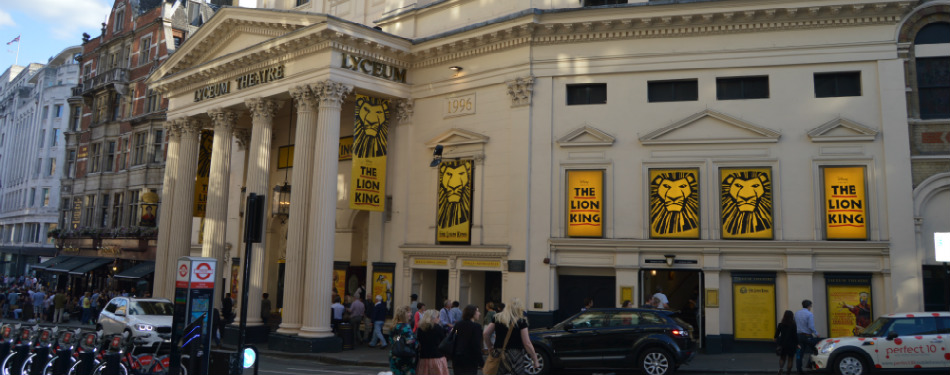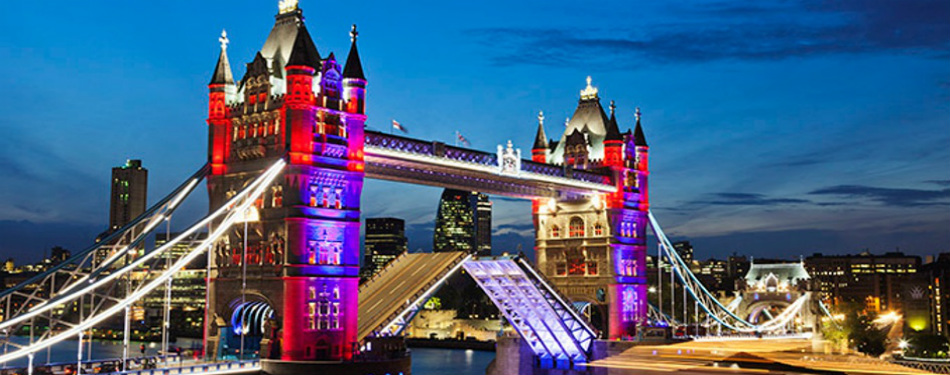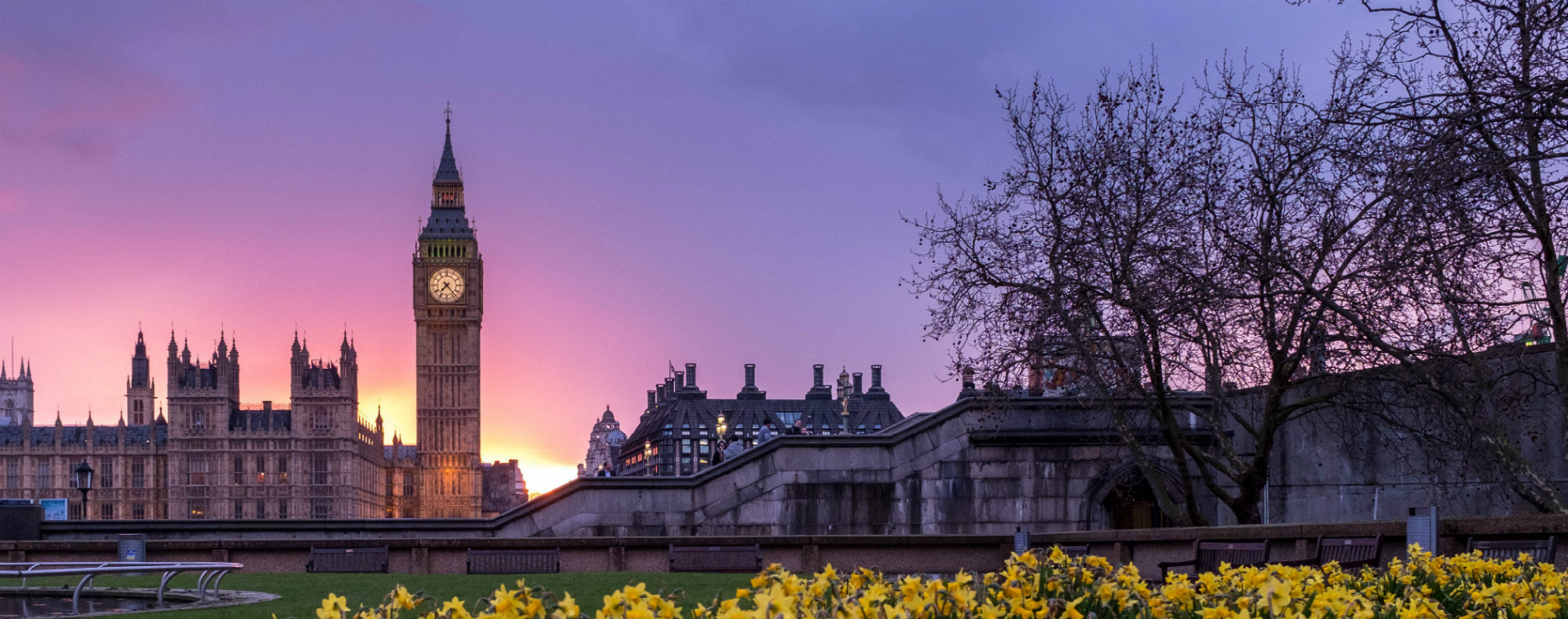London Theatre In Style
This trip is going to tickle your creative side, heading to London to take advantage of the great hotels, fine meals and incredible theatre. Everything is taken care of, so come along for the ride.
London’s West End is the British version of New York’s Times Square (though without the full electronic overload). There are 40 theatres in the area, about the same as there are on Broadway. They have many of the same shows as Broadway – The Mousetrap is their longest running play (incredibly since November 1953) and Les Miserables (October 1985), the longest running musical. Yet, many of the West End performances come with decidedly more British interpretations, particularly plays with a good dose of British humor. There are actually a staggering 241 theatres in London (an indication that theatre is so much a part of London’s essence), the others staging smaller Off West End or ‘Fringe’ shows – many of which are quite good — that are akin to ‘off ’ and ‘off-off Broadway.’

Theatre got a 200-year head start in London, and U.S. theatre was essentially imported from across the pond. The first permanent public playhouse, known as The Theatre was constructed in 1576 in Shoreditch, part of London’s East End. It was soon joined nearby by The Curtain. William’s Shakespeare’s company, The Lord Chamberlain’s Men, staged plays at both venues, with Shakespeare even apparently acting in some of the plays.
In the early 1600s, in the period leading to the British Civil War, London theatre became a forum for political and social satire. In September 1642, Parliament, then controlled by Oliver Cromwell’s Puritans, closed all theatres, meaning that the great playhouses and theatrical companies of London ceased operations for good, leaving no visible trace of Shakespeare’s day. The stated reason behind the ordinance was that attending theatre was ‘unseemly’ during such turbulent times. Theatre would remain illegal until the end of the Interregnum in 1660, when the Puritans lost power with Cromwell’s death and the monarchy under King Charles II was restored. The return of the monarchy and its support of the theatre was the motivation that ushered in England’s second great age of dramatic writing, the impact still seen in the West End today.
Every day in London when the theatres are open, you can see a show. Our London trip planners will work with you to select great shows with great seats. We will book great meals in the West End prior to the evening shows, and in other areas of the city after matinees. During the day, there will be flexibility to visit the landmark London sites (Buckingham Palace, Westminster Abbey, the National Gallery, etc.), take low key strolls around the city (St. James or Hyde Park, Portobello Road), or shop (Harrods, Leadenhall Market, Bond Street).

On a day when the theatres are ‘dark’ (typically Sunday), we will venture to the Cotswolds, home to some of the most unspoiled, romantic towns and villages in England — rolling hills dotted with grazing sheep, small towns, thatched roof cottages, sturdy old structures of Cotswold stone, and warm, friendly people. It is as unforgettable as anywhere you can ever visit..
Burford, Bourton-on-Water (the “Venice of the Cotswolds”), and Chedworth are some of the many charming villages, and fun places to duck into a pub or a small eatery for lunch or tea. There are wonderful walking trails across the rolling meadows of the Cotswolds, but given you will only have time for one walk, we suggest heading for an easy, mile-long stroll along a lazy river and past thatched roof cottages from the village of Upper Slaughter to its twin Lower Slaughter.
There is a second option where we can take a day trip to Cambridge to see the second oldest English speaking university in the world (founded in 1231). It remains one of the most prestigious academic institutions anywhere. Amongst their notable alumni are Oliver Cromwell, Sir Isaac Newton, Charles Darwin, Lord Byron, John Maynard Keynes, John Milton, Ranjiv Ghandi, Robert Frost, Stephen Hawking, Jane Goodall and many, many others. The university campus is a fabulous place to walk and explore, a good portion of the individual colleges having been originally constructed from the 13th to 16th centuries. Similar to the Cotswolds, being on these campuses is like going back in time.
Lastly, at some point in London, you will want to relish a most British experience: tea at Claridges, the Ritz or one of many other great spots. It is an experience everyone should have at least once.
This is a special trip. Let’s talk about it.

